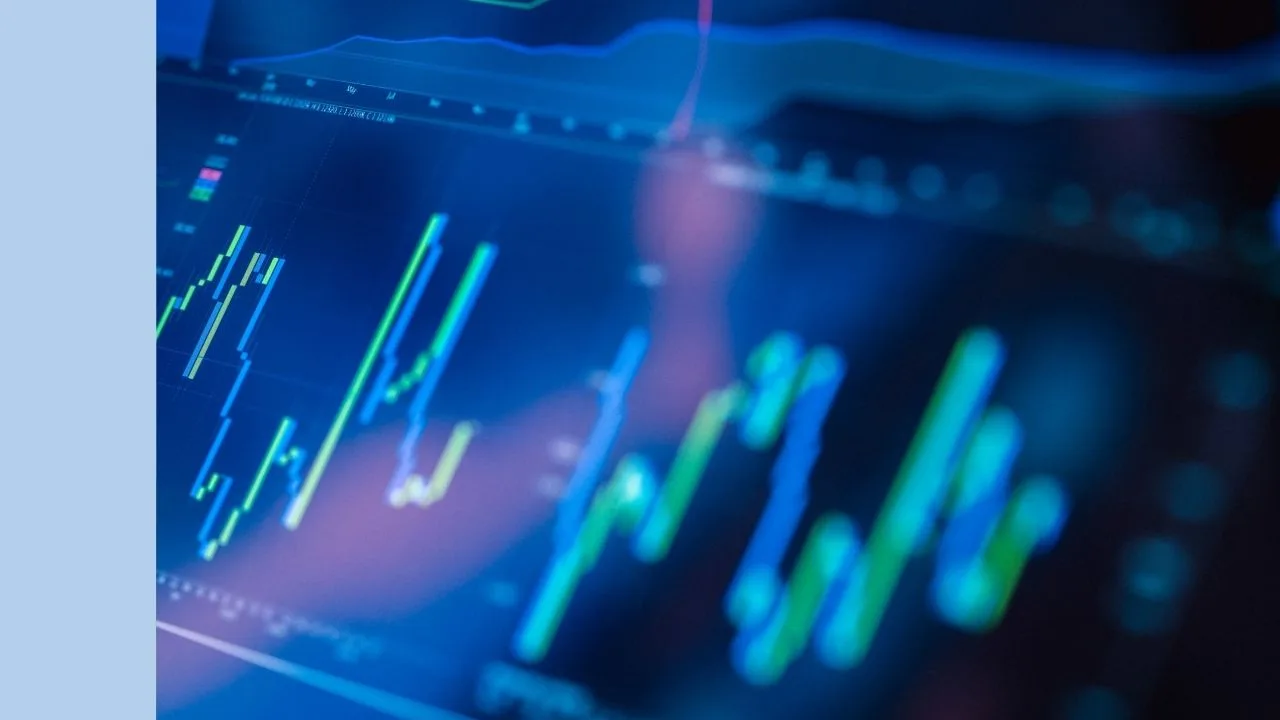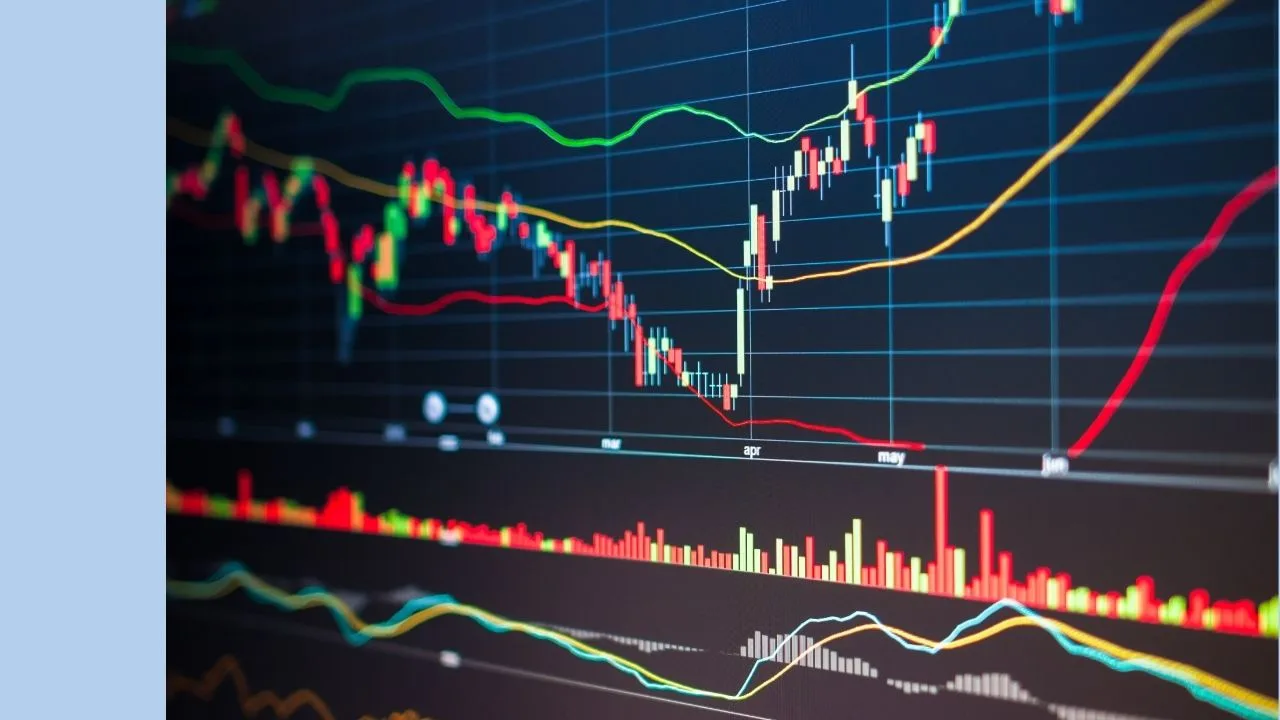I sold my The Trade Desk (NASDAQ: TTD) stock during the ‘COVID crash’… only for it to go up 100%. But that’s not all…
There’s nothing worse than being an investment adviser and knowing your actions could have lost your investors money.
I count myself lucky in this respect.
We’ve only ever had one of our share ideas go seriously south. It was a small energy network company called Locality Planning Holdings Ltd (ASX: LPE).
Instead of keeping to our strictly high-quality focus I was sucked in because it looked “cheap”.
We ended up closing that position with an ugly ~27% loss on our scorecard. The worst to date.
Before you go thinking that Locality is the company I’m writing to you about, think again.
And while I’m airing my dirty laundry, I may as well tell you about a few other losers I experienced in my time as an investor before starting Rask Invest:
- Slater & Gordon (ASX: SGH). I ‘doubled-down’ on this nightmare and it cost me more than any share. I bought it low enough, but the legal business actually got riskier as it grew. The lesson: avoid empire building managers and be very careful with serial acquirers that really don’t add value as they scale.
- Rio Tinto (ASX: RIO) warrants – a lesson in leverage. Again I thought I was buying something ‘cheap’ and with the warrants/contracts available, I figured I could lay down a small amount of money for a bigger potential gain. From memory, I closed this position with a 53% loss after a few months.
- Newsat (doesn’t have a ticker code). Put simply, this was way too speculative. Fortunately, I got out of the shares before this satellite-wannabe business was grounded and videos emerged showing ‘heated’ board meetings. The lesson: be sceptical (skeptical?) whenever management want to put things into orbit.
The lessons don’t end there, I’ll keep learning for many years.
However, I do hope by sharing these ‘lessons’ — and the one below — you will begin to appreciate the intellectual (and professional) honesty that’s required to invest well in companies over the long run.
The stock I sold during COVID-19
Back on March 25th — during the depths of the COVID-19 sell-off — I published a video and sell research on a company called The Trade Desk for our members-only Rask Invest share research service.
The Trade Desk is one of the world’s leading advertising technology platforms, allowing some of the largest companies and their ad agencies to programmatically insert advertising on websites, video streaming services (“connected TV”) and podcasts around the world.
The Trade Desk is a highly scalable business with a viciously expanding competitive advantage or ‘moat’. The company was started by Jeff Green, a talented and aligned Founder and its current CEO.
Basically, it ticked all of my boxes. But in March I was starting to think otherwise…
During the ‘COVID crash’, Webjet (ASX: WEB), Flight Centre (ASX: FLT) and most retailers looked to be on the ropes. And I believed the unprecedented cash flow squeeze that was crippling the big advertisers would translate into a spike of bad debts for The Trade Desk.
As I explain in the video above — which originally went live just to Rask Invest members — there was too much uncertainty in The Trade Desk’s working capital position for me to be comfortable.
When I published the sell research, The Trade Desk shares were trading around $196.
A big mistake?
Fast forward to now, The Trade Desk hit $410 per share earlier this week — a 110% turnaround. That’s in US dollars too.
So was I wrong?
Regardless of what’s happened to the stock price since March, I think it’s still too early for me to say for sure whether or not I was wrong about the cash flow squeeze. The US economy is still being hit by an increase in COVID cases and political uncertainty isn’t making things any easier for advertisers.
That said, if the company goes on to kick goals for its shareholders in 2020 and beyond, and the working capital position passes it by, my experience with Trade Desk will remind me yet again that one of the most powerful things to understand in markets is incentives.
If you find great companies with talented and aligned management teams the odds are almost always tilted heavily in your favour as a long-term investor.
Having been through a seriously challenging event with my own company earlier this year — many readers will know I was forced to let go of most of our team — it reminds me that when things get tough, a Founder or family whose pride is imprinted on the company’s legacy will do everything they can to make it successful.
As Charlie Munger says, “All I Want To Know Is Where I’m Going To Die So I’ll Never Go There.”
The power of incentives is an essential variable to appreciate during times of inevitable uncertainty. But you won’t find it on the balance sheet.
Thankfully with Trade Desk, my potential mistake was limited to missing out on the upside rather than losing money. And we can always buy back at a future date if we change our mind on the risks to its working capital.
Thanks for your support.
Thanks to all of the investors who helped us make Rask Rockets 2020, our members-only small company research service, a sell-out.
Given it is the end of the financial year (EOFY), you can find all of the details about our EOFY mega sale on the Rask promotions page.
[ls_content_block id=”18457″ para=”paragraphs”]
Disclosure: at the time of publishing, Owen does not have a financial interest in any of the companies mentioned.








